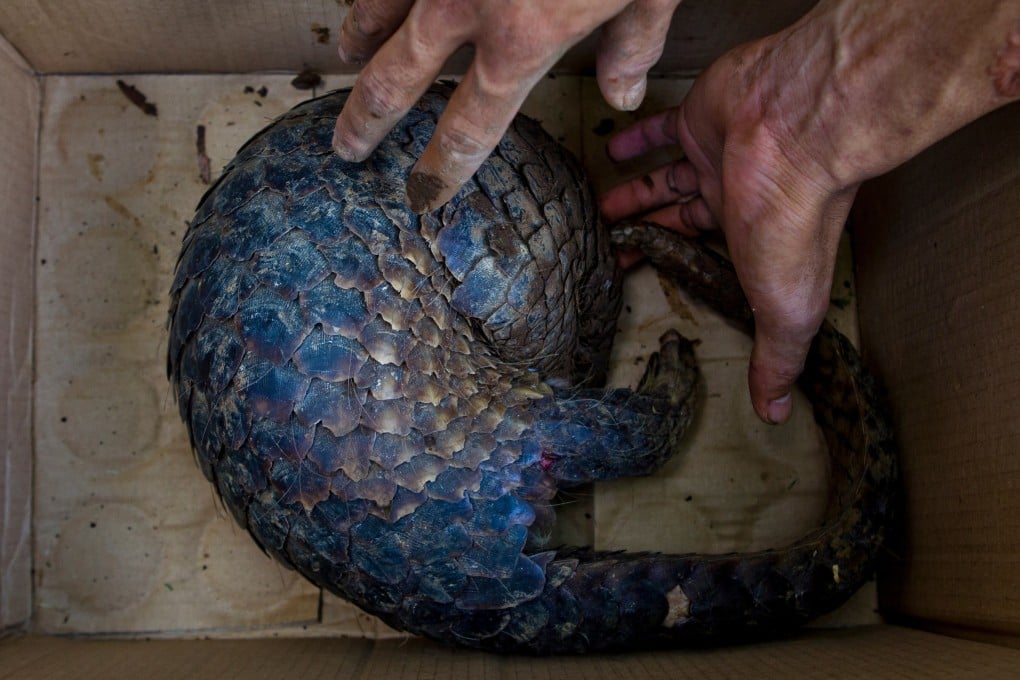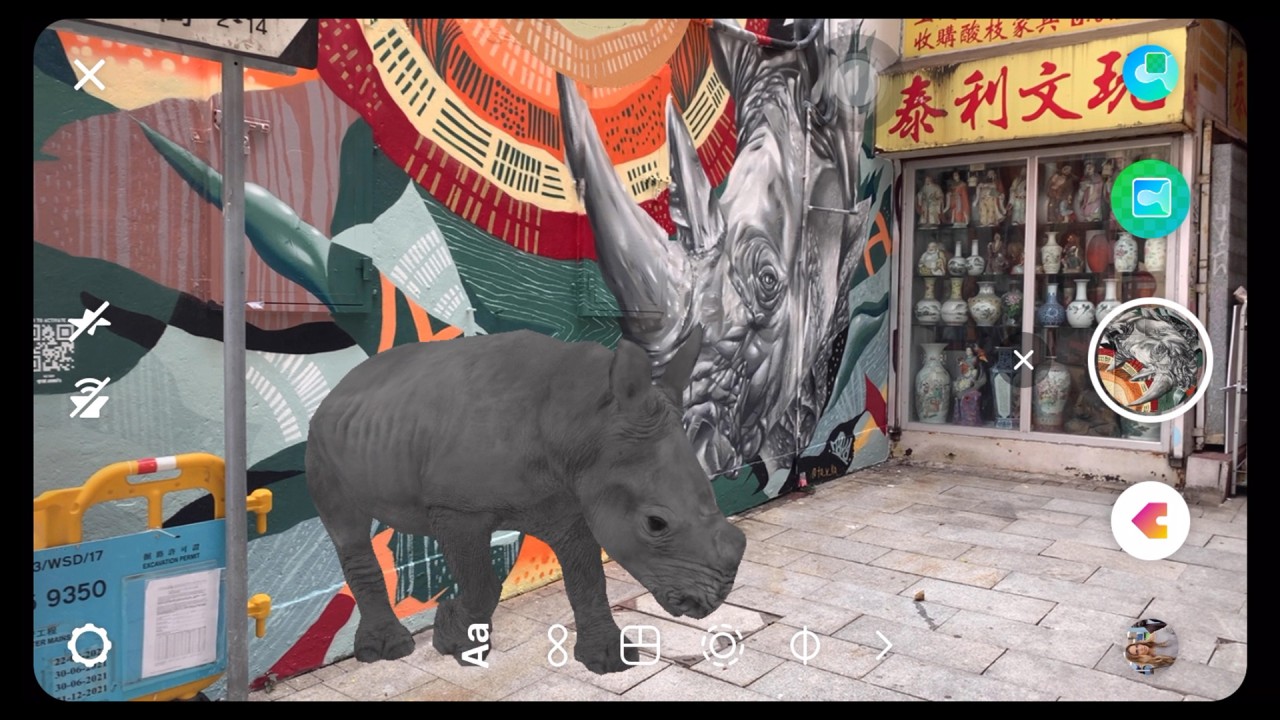Hong Kong’s leading role in the global extinction crisis, as hub of illegal wildlife trade, and the legal amendment that could change that
- The scales and carcasses of tens of thousands of pangolins are shipped illegally through Hong Kong every year
- Existing laws do little to stem this trade, but a proposed law change to treat wildlife smuggling as organised crime could make a big difference

Pangolins have clever defence mechanisms. When threatened they curl up into a tight ball – the name pangolin is derived from the Malay word pengguling, meaning “one who rolls up” – the hard scales covering their bodies overlap to create an “armour”. Like skunks, pangolins can spray a noxious fluid from glands near their anuses to keep predators at bay.
All eight pangolin species – four Asian and four African – are listed under Appendix one of the Convention on International Trade in Endangered Species, meaning they may be traded only in exceptional circumstances. Yet despite this, the highest level of protection under international law – and a move by China in January 2020 to increase legal protection for the animals – the pangolin is still considered the world’s most trafficked mammal.
That is a label unlikely to change if Hong Kong maintains its current role in the illegal wildlife trade.
In 2018 and 2019, pangolin scales and carcasses seized in the city equated to the poaching of 50,200 of the animals – or one every 21 minutes.
The report – which looked at wildlife seizures in 2018-2019 and prosecutions from 2017 to 2020 – is a depressing read. In 2018 and 2019, authorities in Hong Kong seized a record-breaking 649 metric tonnes of rare and endangered wildlife valued at HK$207 million (US$26.7 million), equating to 1,404 seizures involving about 7,000 live animals. The majority comprised seizures of wildlife products and derivatives.

